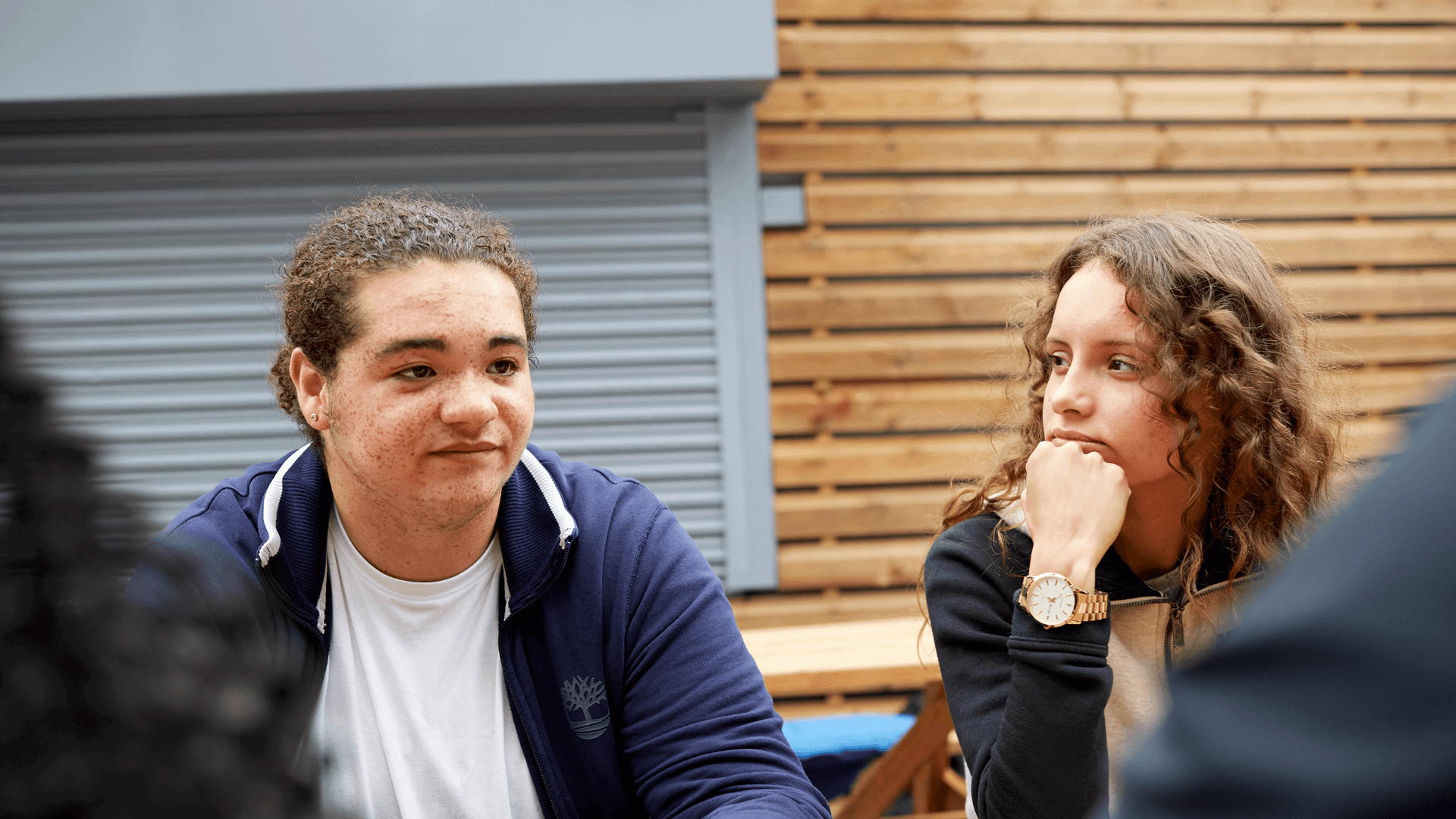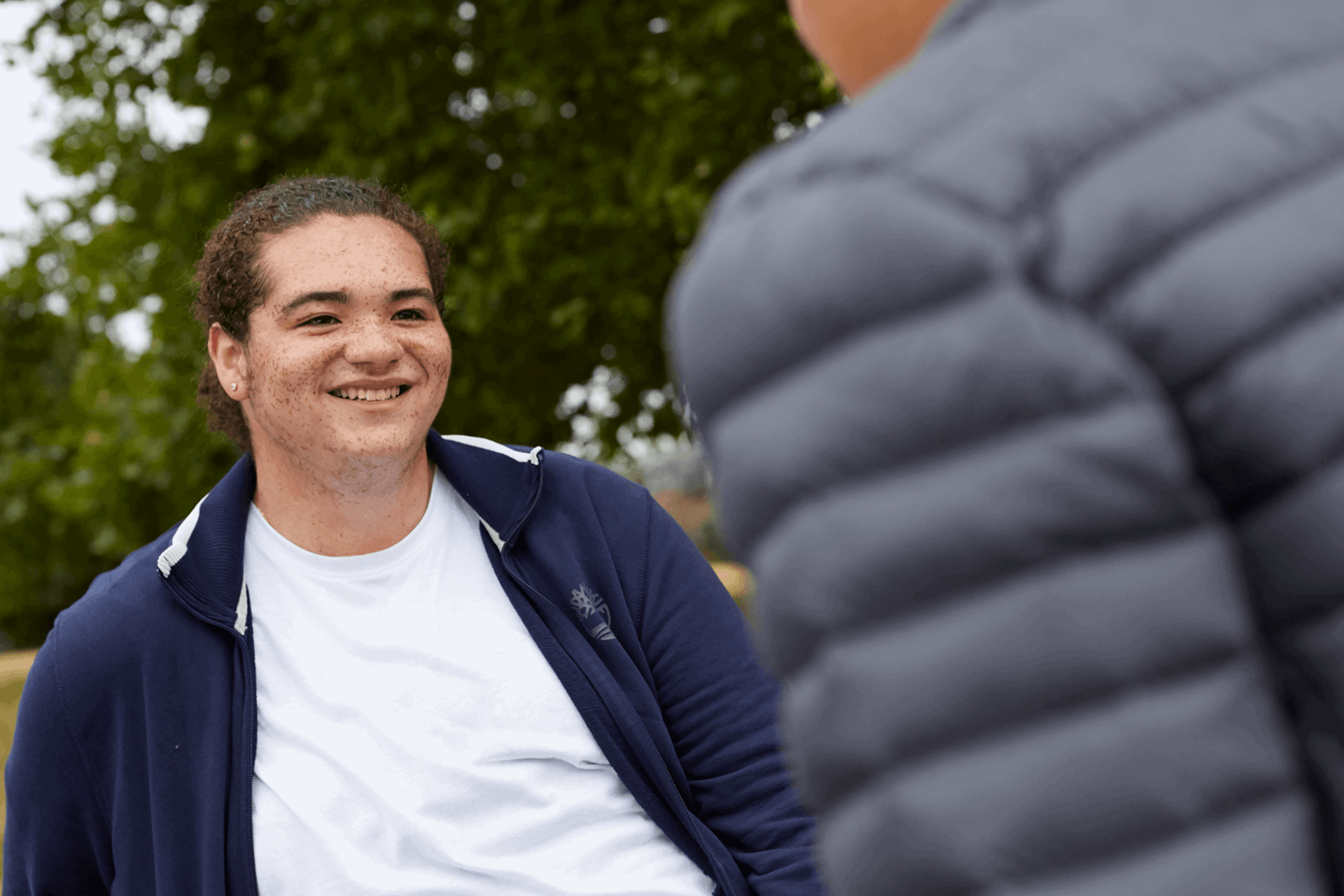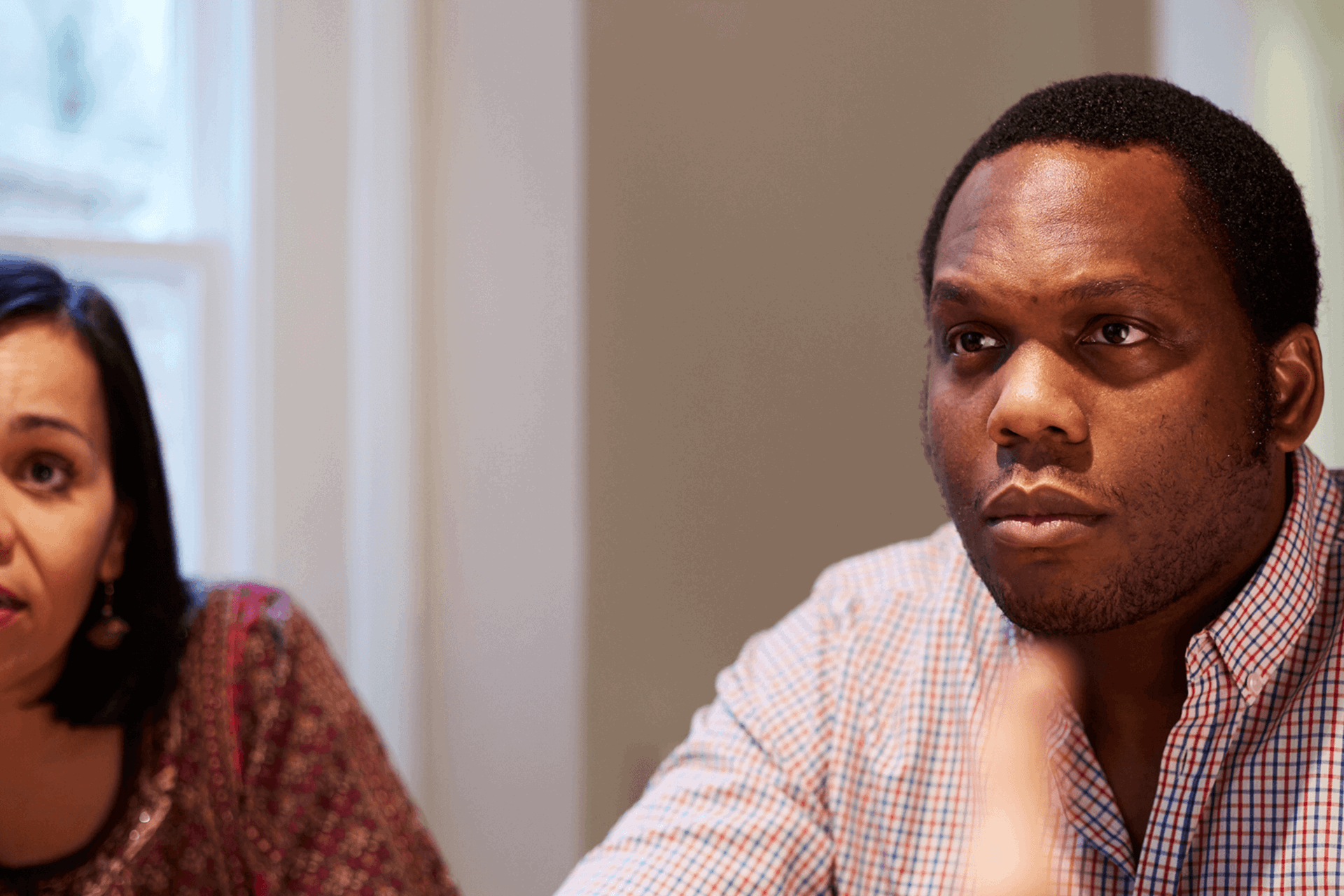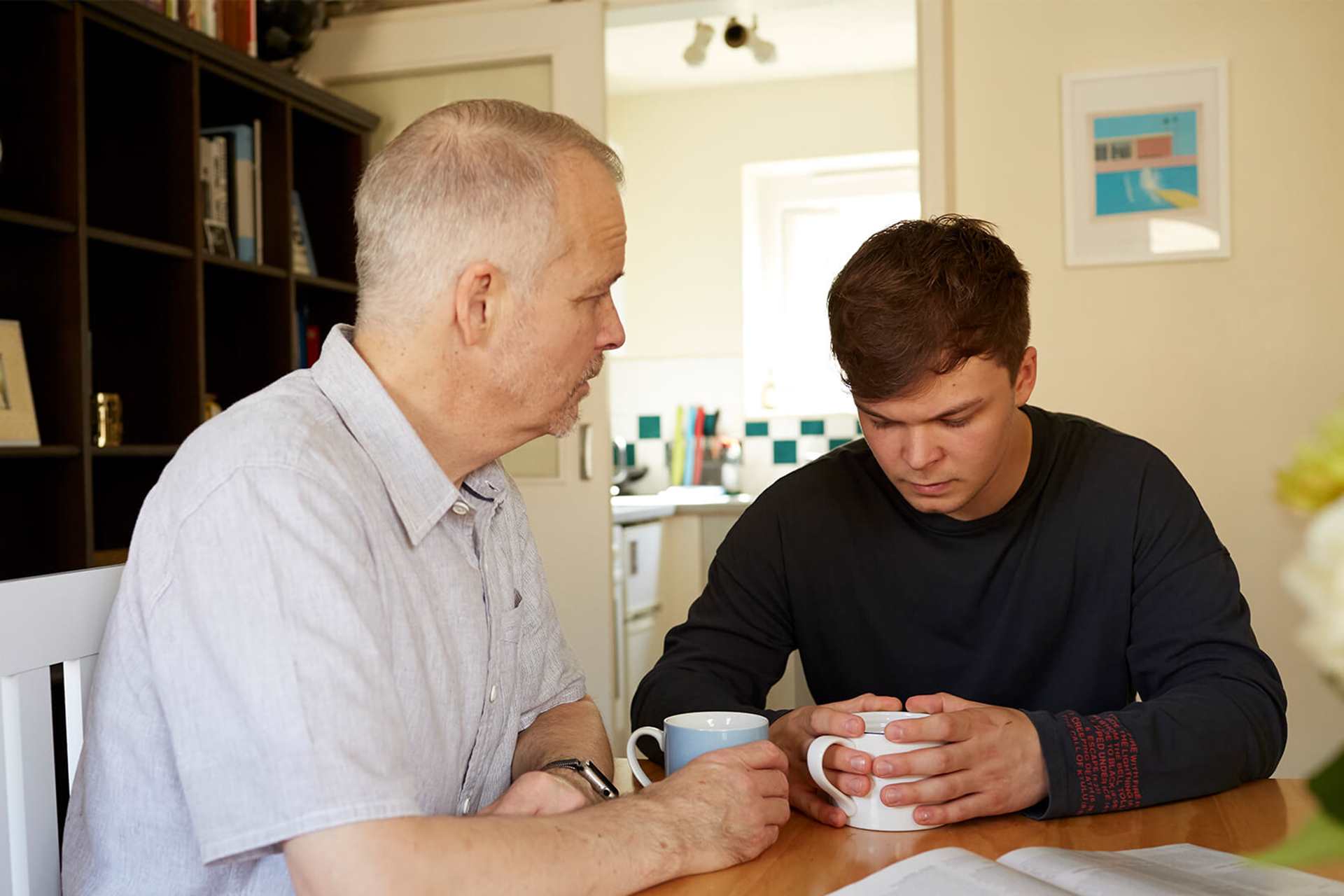Topics mentioned: inpatient care, suicidal feelings, self-harm, depression, alcohol, autism, counselling and therapy, medication
About: Abbi shares how she came to be sectioned under the Mental Health Act, what it was like, and what has helped in her recovery.
N.B. This blog contains references to suicidal feelings and self-harm. While it does not go into detail on any of these things, please do not read on if you think the content may be upsetting for you. If you are currently experiencing suicidal thoughts or you're having a mental health crisis, please visit our page on getting urgent help.
I just want people to know that things really do get better. When I was sick, I hated when people said that! But it’s true.
I’ve spent my whole life feeling different - like an outsider that doesn’t fit in. I was 12 years old when I began to experience depression and suicidal thoughts for the first time. I would write goodbye notes to be ready for the day I would end my life. When my mum found out, I started therapy and moved school, but no matter where I went this feeling followed me. I couldn’t understand why everyone else could cope with life so smoothly. I just wanted to be normal and tried in every way I could to be liked.
When I was introduced to alcohol, I couldn’t get enough. Although at first, I thought drinking made me feel more normal, it ended up ruining many friendships.
I couldn’t understand why everyone else could cope with life so smoothly. I just wanted to be normal and tried in every way I could to be liked.
Not long after, I began to self-harm regularly. This became addictive and I felt like I couldn’t stop. It gave me the same feeling of escape that binge-drinking gave me. But I began to isolate myself from friends and family until eventually I stopped socialising all together. This worried the people around me, so I began medication, but it didn’t help. Things got so bad that I attempted suicide and spent a few days in hospital. Eventually, I went home, but things got harder still. I began to neglect my personal hygiene, and I was still considered a risk to myself, so eventually I was sectioned under The Mental Health Act.
Being sectioned felt so scary because I didn’t know what to expect. Also, because there was a shortage of beds, I didn’t know when the psychiatric hospital would have space for me, which caused lots of uncertainty. Once I was there, I felt more comfortable, but I continued to deteriorate. I was put on multiple medications which made things worse, and the staff gave me lots sedating medication, which made me feel like a zombie a lot.
Being sectioned felt so scary because I didn’t know what to expect.
The ‘normal’ in the psych ward felt very unhealthy and toxic; for example it was normalised to be there for over six months and to be a recurring patient with lots of admissions. I saw no way out and wasn’t even bothered about being in hospital because I had gotten so used to it. I couldn’t wash myself or look after myself and I didn’t care about much anymore. This was hard for my family to see.
Fighting for the right support and the right diagnosis helped me a lot. After being diagnosed with autism spectrum disorder (ASD), which had been missed for 15 years, my family and I knew that a hospital environment was not for me. Getting diagnosed with autism answered so many questions. It made things make sense. To be honest I hate it sometimes because it causes many difficulties for me but at least I understand it now.
Getting diagnosed with autism answered so many questions. It made things make sense.
After six months sectioned, we began talking about discharge because I wasn’t improving. Fortunately, I was able to go to a well-resourced and successful private treatment centre for three months away from home. I was reluctant to go at first, but I spoke to someone who had been to the clinic and their story gave me the hope and slight push to go there.
After my bad experience with mental health professionals, I thought all would be like that; but the clinic’s staff really helped me. I had been stuck in my own bubble for so long thinking the only person I was hurting was myself, which wasn’t the case. Realising my illness was affecting my family, I began to really get into recovery.
There is so much more out there in the world than a stubborn cycle of mental illness, and my past doesn’t define me.
During treatment I learnt so much. I began to think of things to look forward to and reasons to recover. I now enjoy doing artwork and I’m going back to school in September. There is so much more out there in the world than a stubborn cycle of mental illness, and my past doesn’t define me.
When things were really bad for me, I didn’t think getting better was an option. I felt stuck. That’s why I just want people to know that things really do get better. When I was sick, I hated when people said that! But it’s true. I just want to tell everyone what I would tell my sick self: suicide isn’t the answer. Sometimes you may feel like it isn’t worth waiting to ‘get better’, like it’s too painful, but trust me when I say it’s worth it - you never know when a miracle is around the corner. Hang in there, because life can be beautiful.
Sometimes you may feel like it isn’t worth waiting to ‘get better’, like it’s too painful, but trust me when I say it’s worth it - you never know when a miracle is around the corner.
More information and advice
We have tips and advice to help you find the support you need. Take a look at our guides.
Where to get help
However you're feeling, there are people who can help you if you are struggling. Here are some services that can support you.
-
The Mix
Free, short-term online counselling for young people aged 25 or under. Their website also provides lots of information and advice about mental health and wellbeing.
Email support is available via their online contact form.
They have a free 1-2-1 webchat service available during opening hours.
- Opening times:
- 4pm - 11pm, Monday - Friday
-
Childline
If you’re under 19 you can confidentially call, chat online or email about any problem big or small.
Sign up for a free Childline locker (real name or email address not needed) to use their free 1-2-1 counsellor chat and email support service.
Can provide a BSL interpreter if you are deaf or hearing-impaired.
Hosts online message boards where you can share your experiences, have fun and get support from other young people in similar situations.
- Opening times:
- 24/7
-
Youth Access
Provides information about local counselling and advice services for young people aged 11-25.
Put in your location and what you need help with into their 'Find help' search, and see what services are available in your area.






